By Film Noir Blonde and Mike Wilmington
The Film Noir File is FNB’s guide to classic film noir, neo-noir and pre-noir on Turner Classic Movies (TCM). All movies below are from the schedule of TCM, which broadcasts them uncut and uninterrupted. The times are Eastern Standard and (Pacific Standard).
Pick of the Week
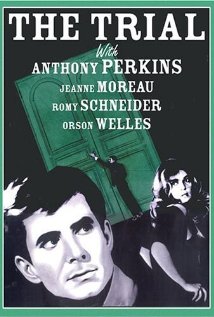 “The Trial” (1962, Orson Welles). 8 p.m. (5 p.m.). Friday, Aug. 8.
“The Trial” (1962, Orson Welles). 8 p.m. (5 p.m.). Friday, Aug. 8.
Director-writer-actor Orson Welles presents an extremely faithful film adaptation of novelist Franz Kafka’s darkly comic and ultimately terrifying tale set in the Byzantine legal system of a nameless European country. A jittery, bumptious, unlikable guy (Anthony Perkins as Joseph K, who may be Kafka’s surrogate and dream self) wakes up one morning to find that he has been plunged into a bad dream: two tough cops invading his bedroom and accusing him of crimes they refuse to detail or explain.
He is persecuted by poker-faced nameless agents and subject to totalitarian police tactics as well as the brutal whims of an utterly arbitrary court. Defended by a sybarite lawyer (played by Welles), who rarely gets out of bed, K seems caught in an inescapable trap, facing inevitable punishment. But K keeps arguing with his accusers, protesting his innocence (which is clearly irrelevant) and trying to make sense out of a situation that is defiantly senseless from first moment to last.
“The Trial” translates Kafka’s masterpiece into eloquent words and icy, shadowy images of dread, underscored by a melancholy Baroque dirge, the Adagio in G by Albinoni. The movie is hampered by its low budget, much of which evaporated during shooting, and by its lack of Welles’ usual brilliant sound. But it has great visuals – shot by cinematographer Edmond Richard (“The Red Balloon”) in wide-screen black and white on mostly real Parisian locations.
And the film boasts a great cast: Perkins, Welles, Jeanne Moreau, Romy Schneider, Akim Tamiroff, Elsa Martinelli, Madeleine Robinson, Katina Paxinou, Gert Frobe and Michael Lonsdale.
“The Trial” is sometimes dismissed as a Welles failure. But it’s actually one of his most underrated movies, one of the most faithful of all adaptations of great 20th century literature, and a classic tale that, as Welles says in the prologue, has “the logic of a nightmare.”
Friday, Aug. 8: Jeanne Moreau Day
10:15 p.m. (7:15 p.m.): “Elevator to the Gallows” (“Frantic!”) (1958, Louis Malle). Louis Malle’s mesmerizing thriller about a desperate couple (Moreau, Maurice Ronet), trying to murder her husband and cover their tracks in a nearly empty office building at night. It’s no “Double Indemnity,” but it’s close. With a score by jazz master Miles Davis. (In French, with subtitles.)
Saturday, Aug. 9: William Powell Day
8 p.m. (5 p.m.): “The Thin Man” (1934, W. S. Van Dyke). With William Powell, Myrna Loy, Maureen O’Sullivan and Cesar Romero. Reviewed in FNB on July 28, 2012.
9:45 p.m. (6:45 p.m.): “After the Thin Man” (1936, W. S. Van Dyke). With William Powell, Myrna Loy, James Stewart and Joseph Calleia. Reviewed in FNB on June 6, 2013.
Monday, Aug. 11: Marlon Brando Day
8 p.m. (5 p.m.): “A Streetcar Named Desire” (1951, Elia Kazan). Kazan’s peerless staging of Tennessee Williams’ play showcases Marlon Brando’s brilliant, massively influential lead performance as the brutal but charming Stanley Kowalski. Set in steamy New Orleans where Eros and death (“Flores para las muertos!”) dance their tango, this movie has one of the all-time great casts (three of whom, though not Brando, won Oscars).
Vivien Leigh plays Blanche DuBois, Stanley’s fragile, sensual, haunted prey. Kim Hunter is Stanley’s wife and Blanche’s sister, the screamed-over Stella. Karl Malden is Blanche’s kind and respectful suitor, mom-dominated Mitch. This is Kazan’s preferred cut, with the more downbeat ending, which gives full power to Blanche’s wrenchingly poignant last line “I have always depended on the kindness of strangers.” A masterpiece.
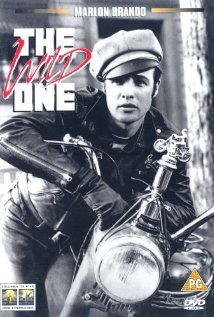 10:15 p.m. (7:15 p.m.): “The Wild One” (1953, Laslo Benedek). With Brando, Lee Marvin and Mary Murphy. Reviewed in FNB on May 1, 2013.
10:15 p.m. (7:15 p.m.): “The Wild One” (1953, Laslo Benedek). With Brando, Lee Marvin and Mary Murphy. Reviewed in FNB on May 1, 2013.
11:45 p.m. (8:45 p.m.). “On the Waterfront” (1954, Elia Kazan). With Brando, Lee J. Cobb, Eva Marie Saint, Karl Malden and Rod Steiger. Reviewed in FNB on June 5, 2014.
Tuesday, Aug. 12: Alexis Smith Day
10:15 a.m. (7:15 a.m.): “Split Second” (1953, Dick Powell). With Stephen McNally, Alexis Smith and Jan Sterling. Reviewed in FNB on March 5, 2013.
2 a.m. (11 p.m.): “Conflict” (1945, Curtis Bernhardt). Marriage and murder, with Humphrey Bogart in one of his villain roles. Lesser Bogey; but still worth a look. With Sydney Greenstreet.
Wednesday, August 13: Cary Grant Day
9:30 a.m. (6:30 a.m.): “His Girl Friday” (1940, Howard Hawks). With Cary Grant, Rosalind Russell, Ralph Bellamy and Gene Lockhart. Reviewed in FNB on Jan. 22, 2013.
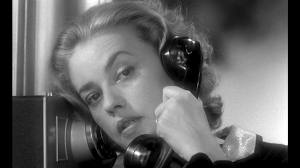






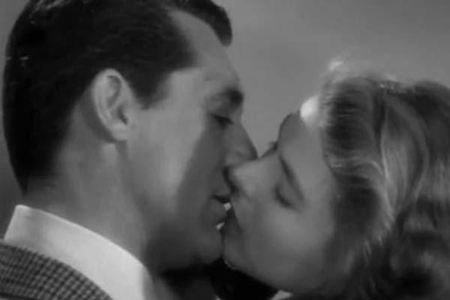

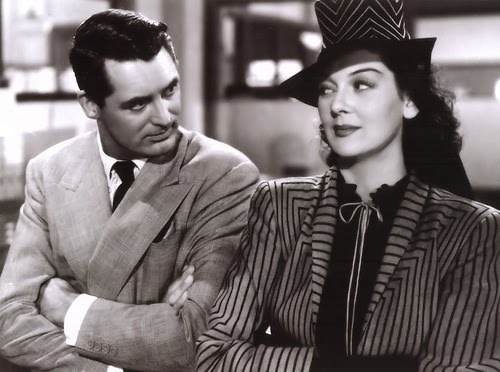
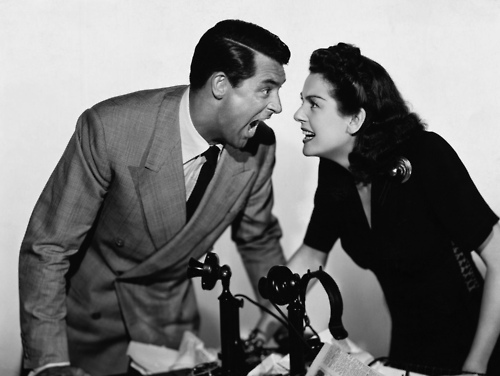
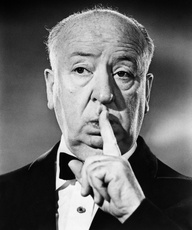
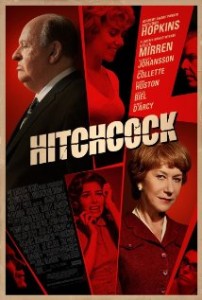
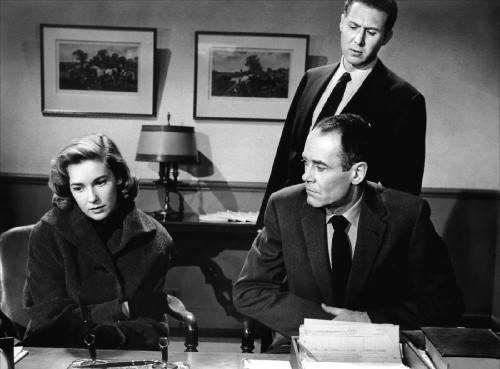
![Bonjour Tristesse DVD[1]](http://www.filmnoirblonde.com/wp-content/uploads/2012/11/Bonjour-Tristesse-DVD11.jpg)
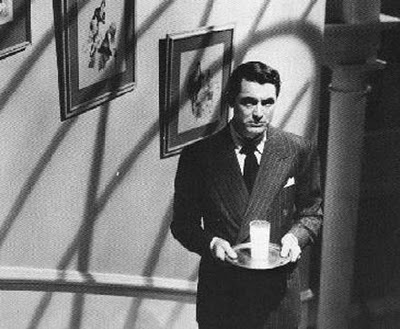
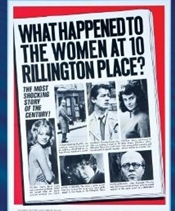
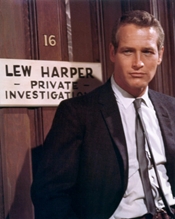
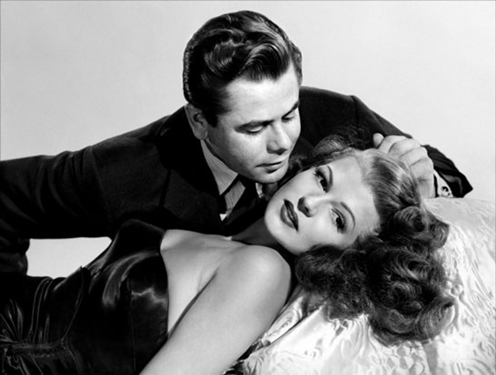
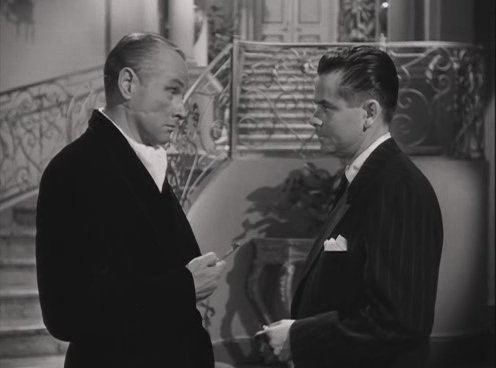


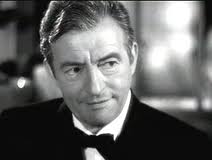
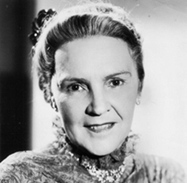
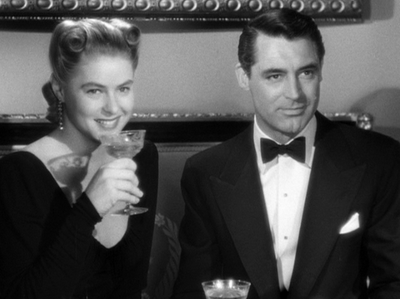
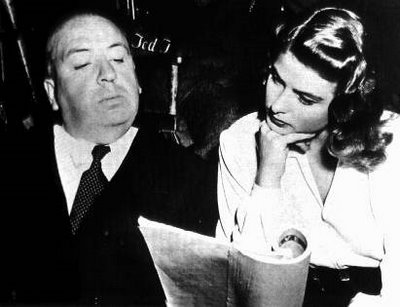
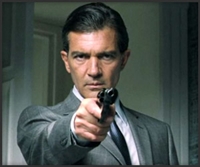

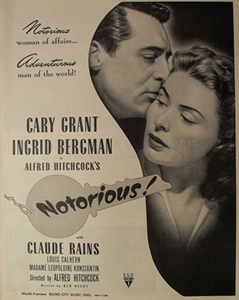





From FNB readers